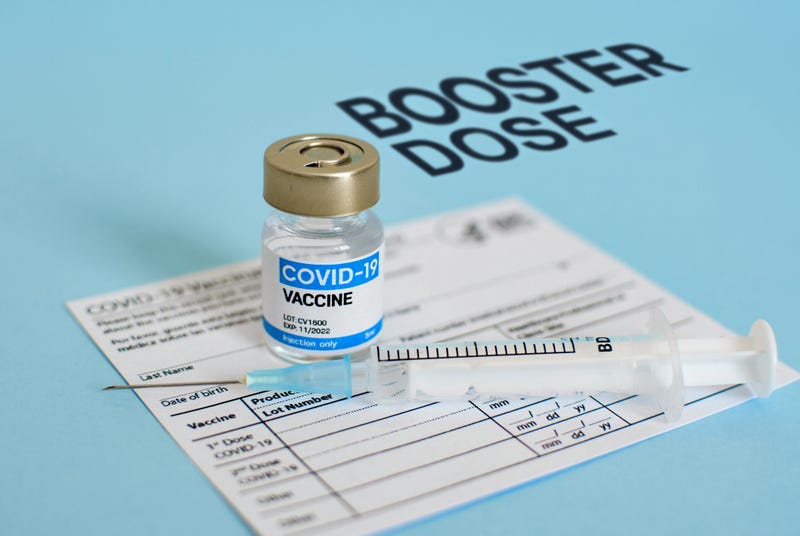
With COVID-19 hospitalizations and deaths trending up, as well as the start of the new school year upon us, many people may be wondering if they should get up to date on their coronavirus vaccines.
According to multiple reports, new COVID-19 boosters are expected to be rolled out in September or October. However, they might not be covered by insurance for some.
Earlier doses of the vaccine were offered for free, as the U.S. was under a public health emergency for the pandemic. That emergency ended in May, and as of May 11 more than 80% of the U.S. had received at least one dose of a COVID-19 vaccine. This time, the government is not buying all of the COVID vaccine shots.
The Washington Post reported Thursday that new boosters expected this fall have been formulated to target XBB subvariants of the SARS CoV-2 virus. It is pending approval by the U.S. Food and Drug Administration.
Dr. Sorana Segal-Maurer of New York Presbyterian said whether these boosters will be covered depends on each individual’s insurance company, according to CNBC. Dr. Payal Patel, who specializes in infectious diseases at Intermountain Healthcare in Utah added that it could also depend on employers, per the outlet.
The Washington Post said most insurance is expected to cover the shots.
Currently, the U.S. Centers for Disease Control and Prevention recommends that everyone aged 6 years and older should get one updated Pfizer-BioNTech or Moderna COVID-19 vaccine to be up to date. It also offers other considerations for vulnerable populations.
Going forward, the federal government is looking to transition into an annual model for COVID-19 vaccination, similar to the flu shot, according to The Washington Post.
“Proponents say this eases confusion surrounding coronavirus vaccination, although critics argue that COVID can also surge in spring and summer, leaving people susceptible to worse outcomes because of waning immunity,” the outlet said.
New guidance from the CDC is expected to come along with FDA approval of the new boosters. Once they are available, most consumers with health insurance should be able to find the updated vaccines at local pharmacies. Those who want to get the vaccine should consult their doctor about when the best time would be and whether their insurance will cover the shot.


